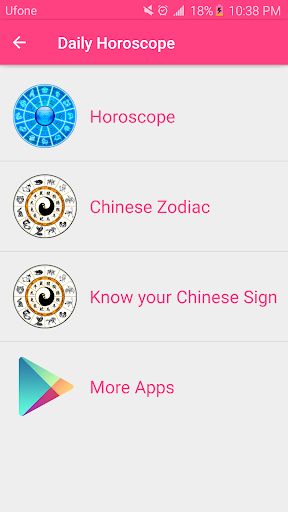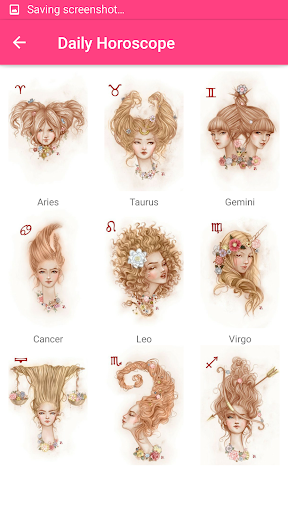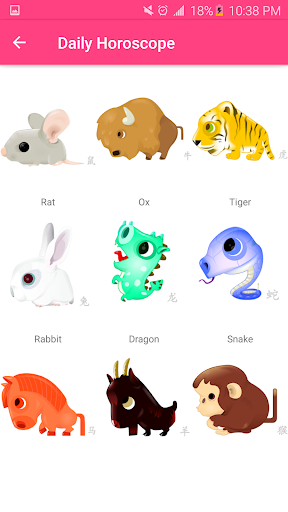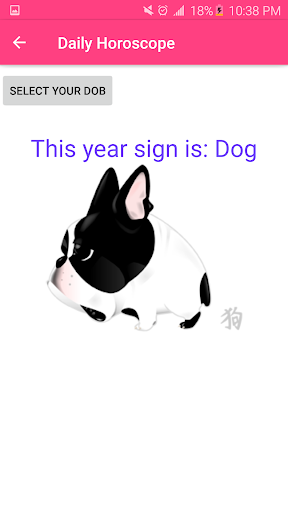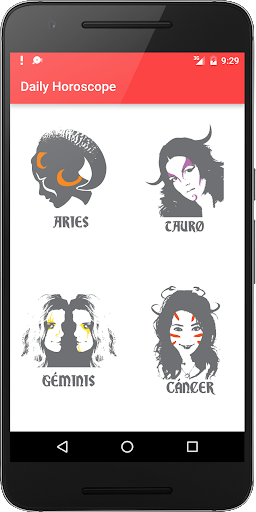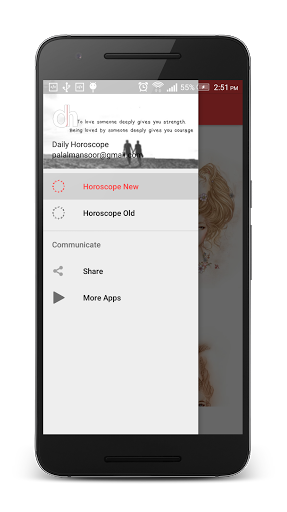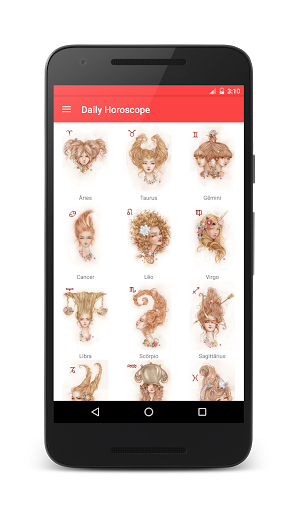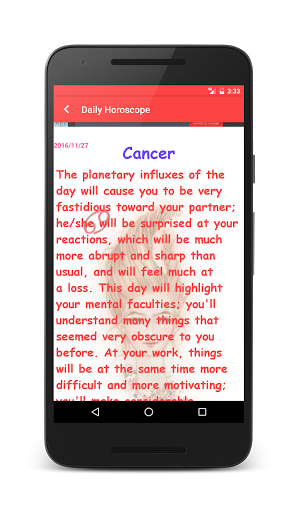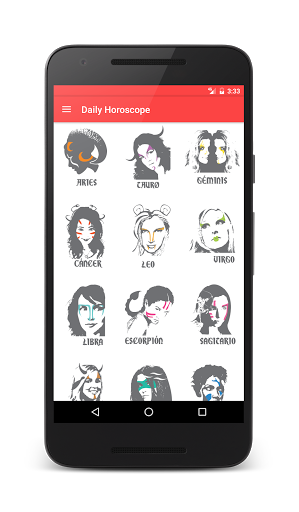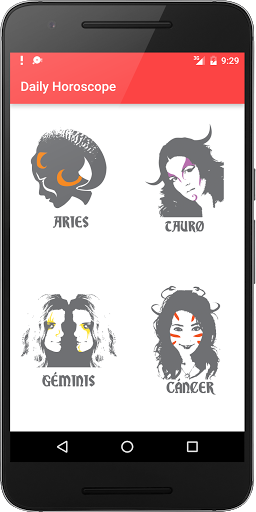A horoscope is an astrological chart or diagram representing the positions of the Sun, Moon, planets, astrological aspects, and sensitive angles at the time of an event, such as the moment of a person's birth. The word horoscope is derived from Greek words hõra and scopos meaning "time" "observer" (horoskopos, pl. horoskopoi, or "marker(s) of the hour.") Other commonly used names for the horoscope in English include "Natal Chart" astrological chart, astro-chart, celestial map, sky-map, star-chart, cosmogram, vitasphere, radical chart, radix, chart wheel, or simply chart. It is used as a method of divination regarding events relating to the point in time it represents, and it forms the basis of the horoscopic traditions of astrology.
Etymology:
The Sanskrit term for horo is Hora (होरा).Horo -Scope is hora - shastra( होरा -शास्त्र ). The word Latin horoscopus, ultimately from Greek ὡρόσκοπος "nativity, horoscope", literally "observer of the hour [of birth]", from ὥρα "time, hour" and σκόπος "observer, watcher". In Middle English texts from the 11th century, the word appears in the Latin form, and is anglicized to horoscope in Early Modern English. The noun horoscopy for "casting of horoscopes" has been in use since the 17th century (OED). In Greek, ὡρόσκοπος in the sense of "ascendant" and ὡροσκοπία "observation of the ascendant" is in use since Ptolemy (Tetrabiblos 33, 75).
New Design
Chinese Horoscope
Chinese Signs Information
Efficient
More detailed Horoscopes
Chinese HoroscopeChinese Signs InformationEfficientMore detailed HoroscopesMarshmallow SupportedAdded Saving FacilityAdded Marshmallow SupportAdded Sharing facility
 Huawei Honor 5X
Huawei Honor 5X
